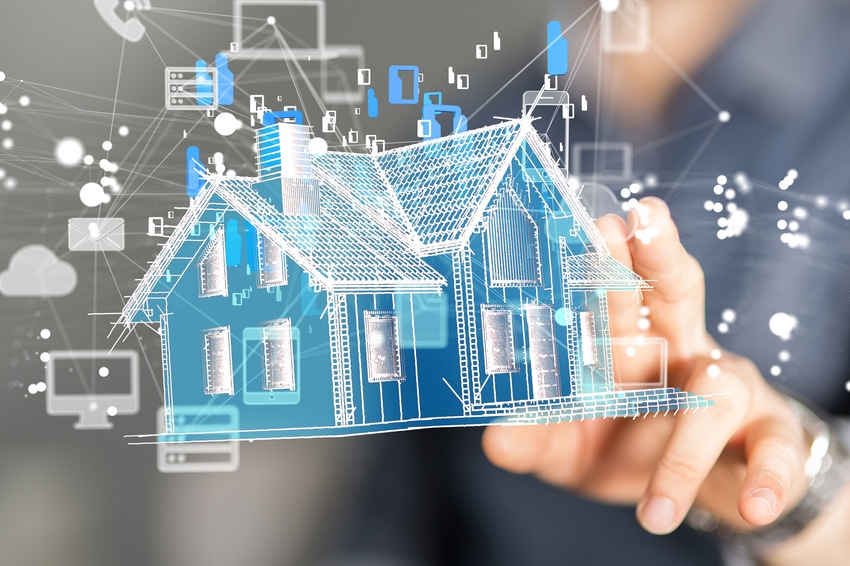Telefonica has created a global unit, known as the Chief Digital Consumer Office (CDCO), which will champion new digital products and services, paying particular attention to the smart home.
January 31, 2020

Telefónica has created a global unit, known as the Chief Digital Consumer Office (CDCO), which will champion new digital products and services, paying particular attention to the smart home.
Led by Chema Alonso, the team will aim to drive forward the Aura AI digital assistant, as well as continue the creation of the ‘fourth platform’. The initiative will help take Telefónica into the digital era across several areas, but there does seem to be particular attention being paid to the smart home ecosystem.
José Montalvo will become Chief Data Officer, with a primarily focus on the development of the fourth platform project, including integrating new products and services such as Aura onto the platform. David del Val will become Director of Core Innovation, with a particular focus on edge computing. Antonio Guzmán is the Director of Digital Home, tasked with overseeing the development of the smart home and digital services ecosystem.
These are only a few of the names, but it does appear Telefónica is hoping to create a standardised smart home ecosystem for the markets which it currently operates in. This is an incredibly intelligent approach to creating value in the future, and with its global presence, Telefónica can provide competition to other players who are attempting to create a platform to control the smart home ecosystem.
This initiative builds on progress being made in the smart home following the announcement of a partnership with Microsoft at Mobile World Congress last year.
Alongside Microsoft boss Satya Nadella, Telefónica CEO Jose Maria Alvarez-Pallete launched the fourth platform initiative in attempt to own the smart home ecosystem, seemingly learning from the ‘walled garden’ business model which has been so successful for the likes of Facebook.
In this model, Telefónica leverage its relationship with the users, creating a platform for third parties to offer products and services. Telefónica will of course offer its own services, such as content, but why not create revenue by monetizing the link between the user and other companies in the digital economy.
While the smart home is still emerging as a viable segment in the digital economy, this is a very intelligent move from Telefónica . Connected objects are becoming more common, as there will need to be a focal point to manage this ecosystem, but also guarantee security. Telefónica has a trusted relationship with the consumer, a recognised digital assistant and the power of Microsoft as a partner. This is not a guarantee, but at least Telefónica is trying something new under the threat of the connectivity industry becoming commoditised.
About the Author(s)
You May Also Like








.png?width=300&auto=webp&quality=80&disable=upscale)


_1.jpg?width=300&auto=webp&quality=80&disable=upscale)


.png?width=800&auto=webp&quality=80&disable=upscale)